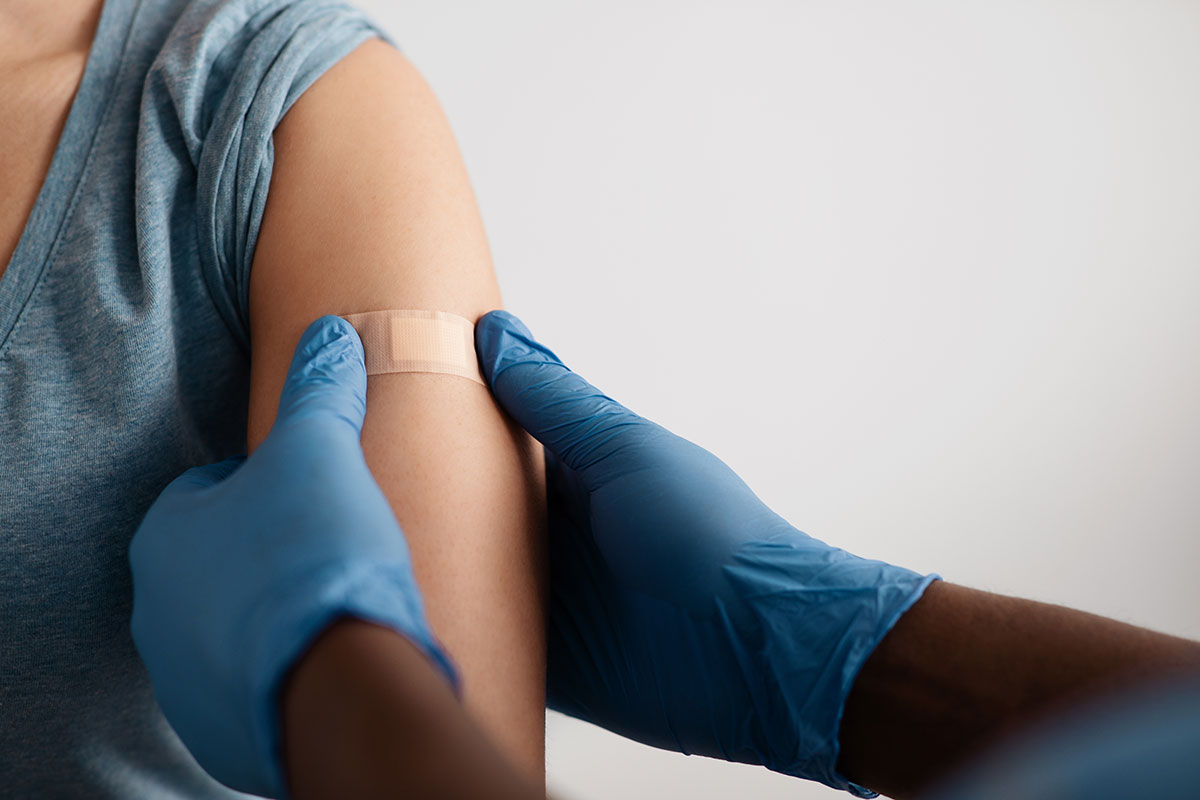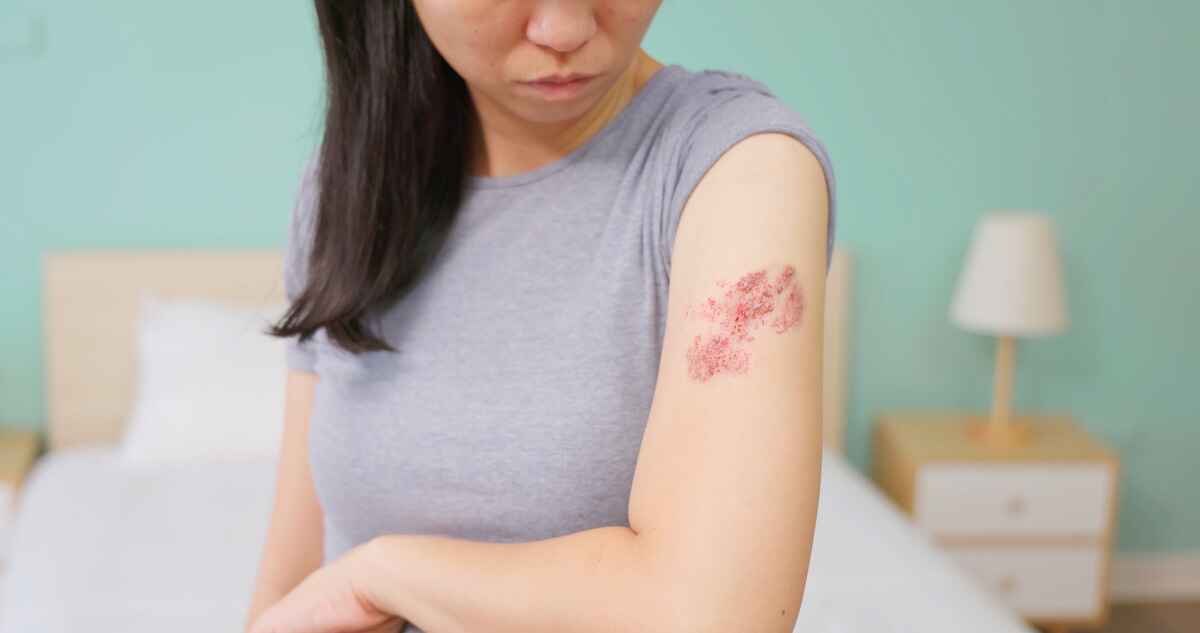As with any new technology, the COVID-19 vaccine has been the target of misinformation. We’re debunking some of the common myths surrounding the vaccine.
Myth 1: The vaccine was rushed so it can’t be safe.
The COVID-19 vaccines are new but the technology used to make these vaccines is not new. The Pfizer vaccine and the Moderna vaccine are both mRNA vaccines. Years before the pandemic broke out, this technology was studied and these vaccines are only available now so quickly because of that research.
In addition, both vaccines were thoroughly studied and reviewed before they were granted full approval by the FDA and these vaccines have been given to millions in the U.S. alone.
Myth 2: The vaccine will impact fertility.
There is absolutely no evidence that the COVID-19 vaccine will impact fertility. Safety data from the FDA for the Pfizer vaccine trial found no difference in the number of people who got pregnant in the vaccine group as the placebo group. Among the people who did get pregnant in the study, there were no self-reported pregnancy-related adverse events reported.
In addition, the CDC states women who are trying to become pregnant may receive the vaccine.
Learn more about pregnancy and the vaccine.
Myth 3: The vaccine will cause serious side effects including anaphylaxis.
Serious side effects from the vaccine are uncommon. Anaphylaxis, which is a severe allergic reaction, is the most serious possible side effect. But that only happens once in approximately 100,000 shots. By comparison, those reactions are more common in bee stings, fire ant stings, nuts and a host of antibiotics.
Myth 4: The vaccine causes Bell’s Palsy.
There have been some reports of cases of Bell’s Palsy, a condition that causes weakness or paralysis in the face. The FDA has not concluded these cases were caused by the vaccine. So anyone who has had Bell’s Palsy in the past may still get the vaccine.
Myth 5: The shot is unsafe for people who have had Guillain-Barre.
Guillain-Barre syndrome is a rare disorder that can cause nerve damage. This can happen after an infection from a virus or bacteria or from other causes. According to the CDC, no cases of Guillain-Barre have been reported in people who received the mRNA vaccines during clinical trials.
It has been found that the Johnson & Johnson vaccine may cause a very small risk for Guillain-Barre syndrome and the FDA updated the label on the Johnson & Johnson vaccine to include an increased risk of Guillain-Barre for the 42 days after vaccination. Since the risk of COVID-19 is far greater than the very rare occurrence of Guillain-Barre syndrome, vaccination using the Johnson & Johnson vaccine continues to be recommended. People with a history of Guillain-Barre syndrome occurring after vaccination should speak with their doctor before getting the Johnson & Johnson vaccination.
Myth 6: I should just get COVID-19 to get it over with
Do not attempt to get COVID-19 on purpose. Antibodies produced after infection may only last a few months and then you may be at risk for reinfection. In addition, even those who are ‘healthy’ can still get severe cases of COVID-19. The majority of hospitalizations are with patients who have not gotten vaccinated. Remember, getting vaccinated is the best way to protect yourself from COVID-19.
Myth 7: The vaccine will implant a microchip in me.
One conspiracy theory that has circulated online is that the vaccine will implant a microchip in you. This is completely untrue. In addition, the vaccine cannot alter your genes or DNA.




